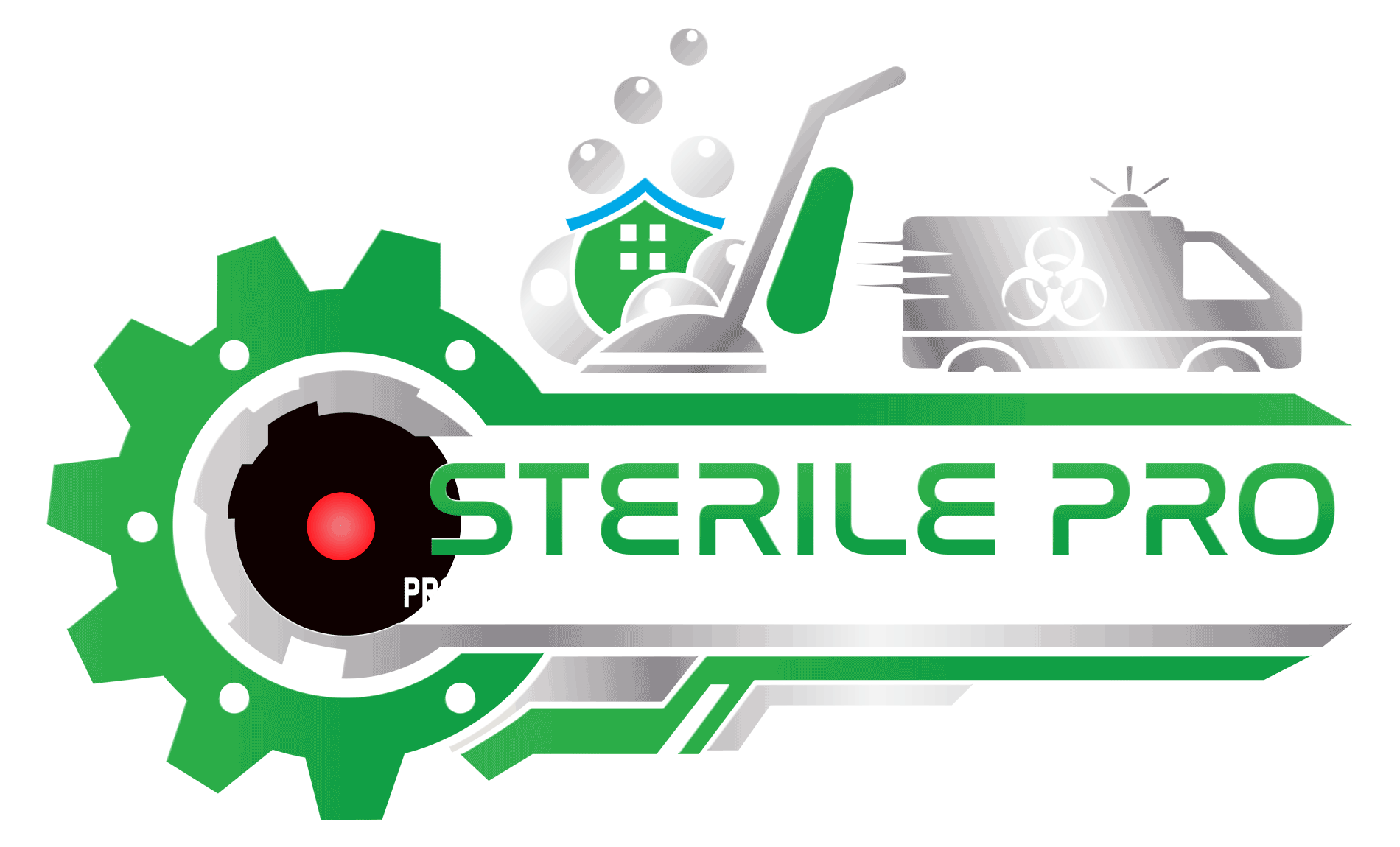Unlocking Success: The Essentials of Starting a Sanitation Franchise Business

Starting a sanitation franchise business can be a strategic venture in today’s market, where cleanliness and hygiene standards are paramount. As the world becomes increasingly focused on health and safety, the demand for professional sanitation services continues to rise. This trend not only presents a lucrative opportunity but also positions sanitation franchises as integral players in various sectors, from commercial spaces to residential communities.
A sanitation franchise offers a structured path for entrepreneurs looking to capitalize on this growing demand while benefiting from established business frameworks and operational support. These franchises typically provide a range of services, including disinfection, sanitization, and specialized cleaning solutions tailored to different environments. By leveraging a reputable brand and standardized service protocols, franchisees can build trust quickly and attract a diverse clientele.
One of the key advantages of investing in a sanitation franchise is access to training and ongoing support from the franchisor. This includes guidance on operational best practices, marketing strategies, and procurement of specialized equipment and cleaning products. Such support not only enhances operational efficiency but also ensures compliance with industry standards and regulations, bolstering the franchise’s credibility in the market.
Moreover, the scalability of sanitation franchises allows for flexible business expansion. Whether targeting local businesses, healthcare facilities, or residential properties, franchise owners can adapt their service offerings to meet specific market demands. This adaptability, coupled with a proven business model, minimizes the inherent risks associated with starting a new venture and enhances the potential for long-term success.
As aspiring entrepreneurs navigate the landscape of sanitation franchise opportunities, understanding market dynamics, consumer preferences, and competitive advantages becomes crucial. This introductory overview sets the stage for exploring the intricacies of establishing and growing a sanitation franchise business, highlighting both the challenges and rewards that come with venturing into this dynamic sector.
Introduction
The sanitation industry has evolved significantly in recent years, propelled by heightened awareness of hygiene standards and the global emphasis on health safety. Amidst this backdrop, sanitation franchise businesses have emerged as viable investment opportunities for aspiring entrepreneurs. This article delves into the intricacies of launching and managing a sanitation franchise, covering essential aspects from market analysis to operational strategies and growth potential.
Understanding the Sanitation Franchise Landscape
Before diving into the specifics of starting a sanitation franchise, it’s crucial to grasp the broader industry landscape. The sanitation sector encompasses a wide range of services, including disinfection, sterilization, and specialized cleaning for various environments. Franchises within this sector cater to diverse clientele, from commercial offices and retail spaces to healthcare facilities and residential homes. Understanding the market dynamics and consumer demands is essential for identifying niche opportunities and positioning your franchise effectively.
Advantages of Choosing a Franchise Model
Opting for a franchise model offers distinct advantages over starting an independent venture. Franchisees benefit from established brand recognition and reputation, which can significantly reduce the time and resources required to build a customer base. Moreover, franchisors provide comprehensive training, operational support, and access to proprietary technologies and cleaning protocols. These resources not only streamline business operations but also ensure compliance with industry standards and regulatory requirements.
Key Considerations Before Investing
Before committing to a sanitation franchise, prospective franchisees must conduct thorough due diligence. This involves assessing the franchisor’s track record, financial stability, and support infrastructure. Additionally, understanding the franchise agreement, including fees, territorial rights, and renewal terms, is crucial for making an informed investment decision. Conducting market research to evaluate local demand, competition, and growth potential further enhances the likelihood of long-term success.
Navigating Legal and Regulatory Requirements
Operating a sanitation franchise entails compliance with various legal and regulatory frameworks. These may include licensing requirements, environmental regulations, and occupational health and safety standards. Franchisors typically provide guidance on navigating these complexities, ensuring that franchisees operate within legal boundaries and uphold industry best practices. Adhering to regulations not only fosters trust among clients but also mitigates potential legal risks associated with non-compliance.
Financial Planning and Investment Considerations
Launching a sanitation franchise requires careful financial planning to cover initial investments, ongoing operational costs, and working capital. Franchise fees, equipment procurement, and marketing expenses constitute significant upfront expenditures. Prospective franchisees should develop a detailed business plan outlining revenue projections, break-even analysis, and contingency strategies. Securing financing through personal savings, bank loans, or franchisor-assisted funding programs may be necessary to support business growth and sustainability.
Training and Development Programs
Comprehensive training programs offered by franchisors equip franchisees and their staff with the necessary skills and knowledge to deliver high-quality sanitation services. Training typically covers operational procedures, safety protocols, product usage, and customer service standards. Ongoing professional development ensures that franchisees stay abreast of industry advancements and regulatory updates, enhancing service delivery and client satisfaction.
Marketing and Branding Strategies
Effective marketing and branding are essential for establishing a strong market presence and attracting potential clients. Franchisors often provide marketing support through national advertising campaigns, branded collateral, and digital marketing initiatives. Localized marketing efforts, such as networking within the community, partnering with local businesses, and leveraging social media platforms, can further enhance brand visibility and lead generation. Developing a cohesive marketing strategy that aligns with the franchisor’s brand guidelines and targets key market segments is critical for driving business growth.
Operational Excellence and Quality Assurance
Maintaining operational excellence is paramount in the sanitation franchise business to uphold service standards and client satisfaction. Implementing quality assurance measures, such as regular inspections, customer feedback mechanisms, and performance evaluations, ensures consistent service delivery and operational efficiency. Franchisors may provide operational support tools, software systems, and quality control protocols to streamline workflow management and enhance service reliability.
Expansion and Growth Strategies
As a sanitation franchise matures, exploring expansion opportunities becomes a strategic priority. Growth strategies may include acquiring additional territories, diversifying service offerings, or targeting new market segments. Franchisors may offer incentives and support for expansion initiatives, including preferential financing, training programs for managerial staff, and market research insights. Developing a growth-oriented mindset and leveraging existing client relationships and brand reputation are key drivers of sustained franchise success.
Conclusion
Starting a sanitation franchise business offers a pathway to entrepreneurship in a thriving industry focused on health and safety. By leveraging the benefits of a proven franchise model, prospective franchisees can capitalize on market demand, establish a reputable brand presence, and achieve long-term profitability. Strategic planning, meticulous execution, and adherence to industry standards are pivotal to navigating the complexities of the sanitation franchise landscape. With comprehensive training, ongoing support from franchisors, and a commitment to operational excellence, entrepreneurs can embark on a rewarding journey towards business success in the sanitation sector.
“For more information please click on this link“



